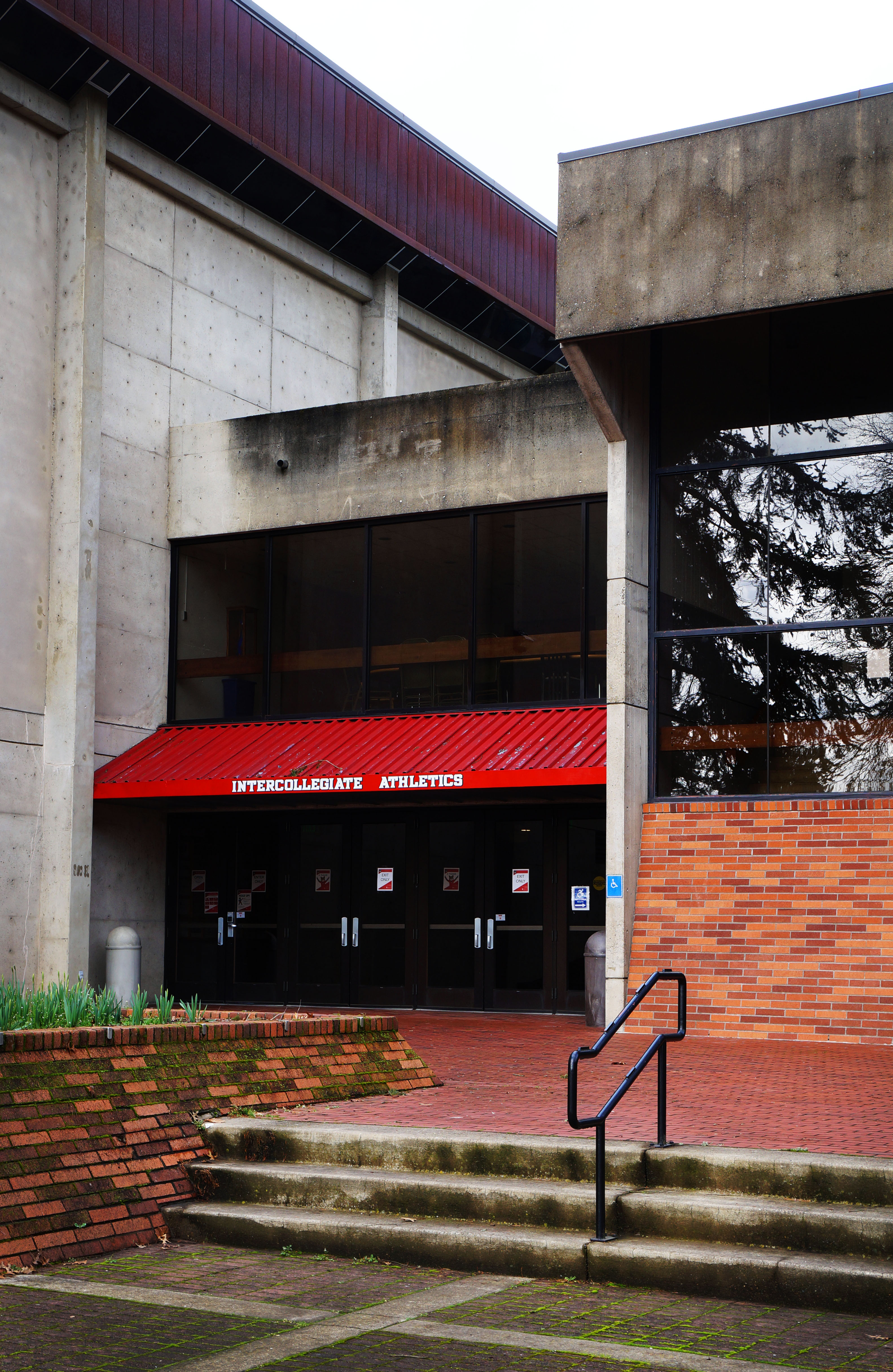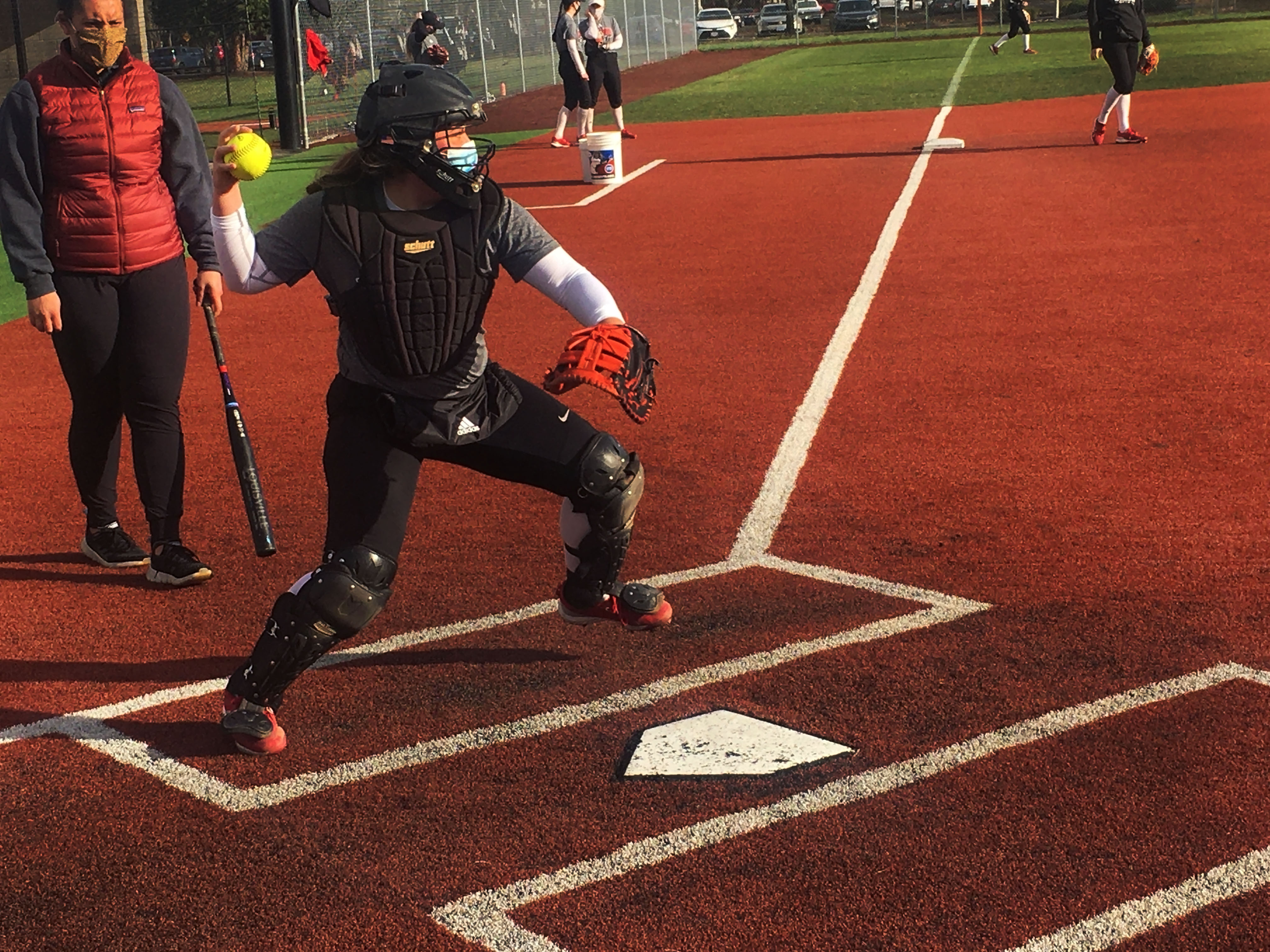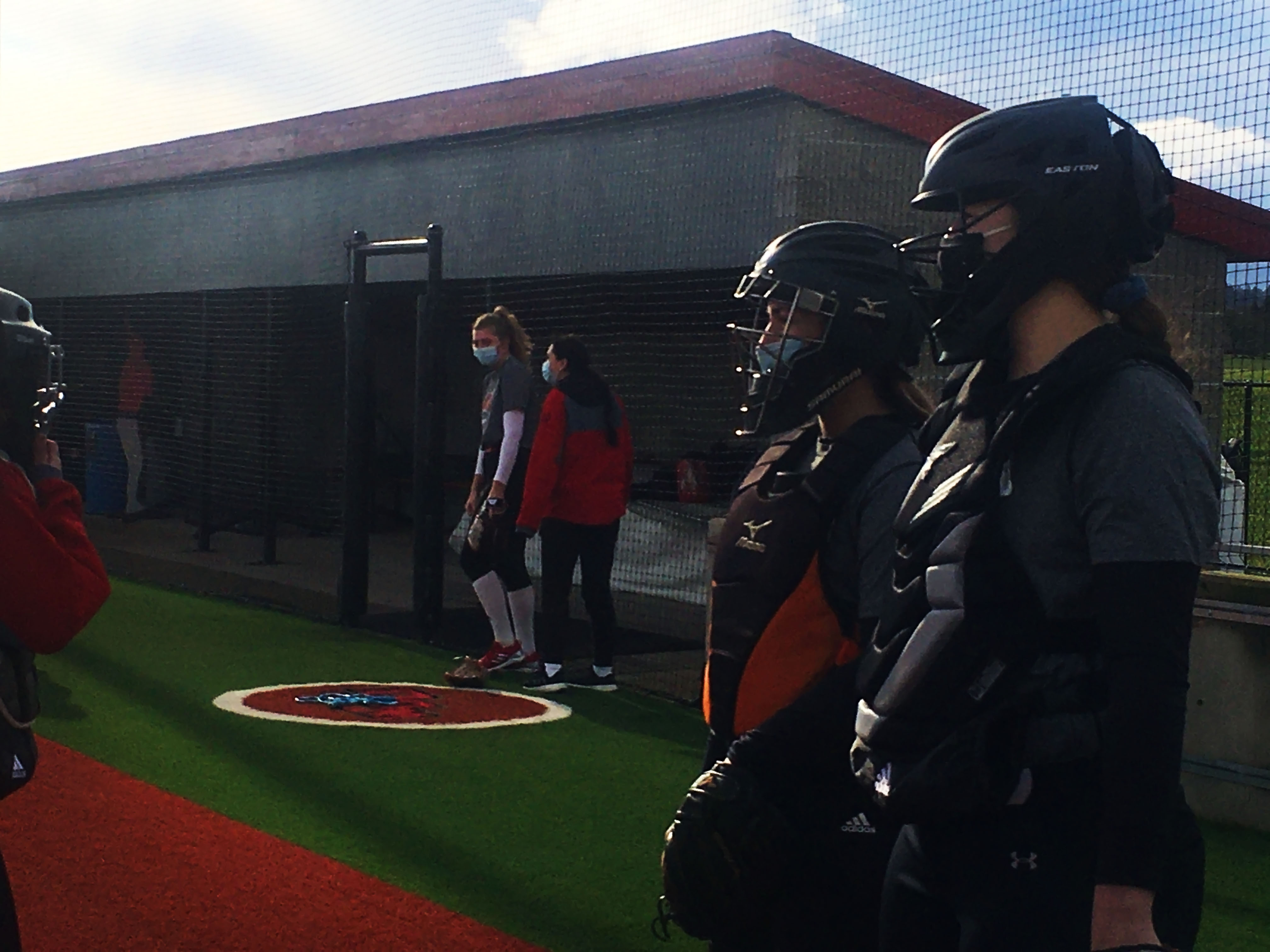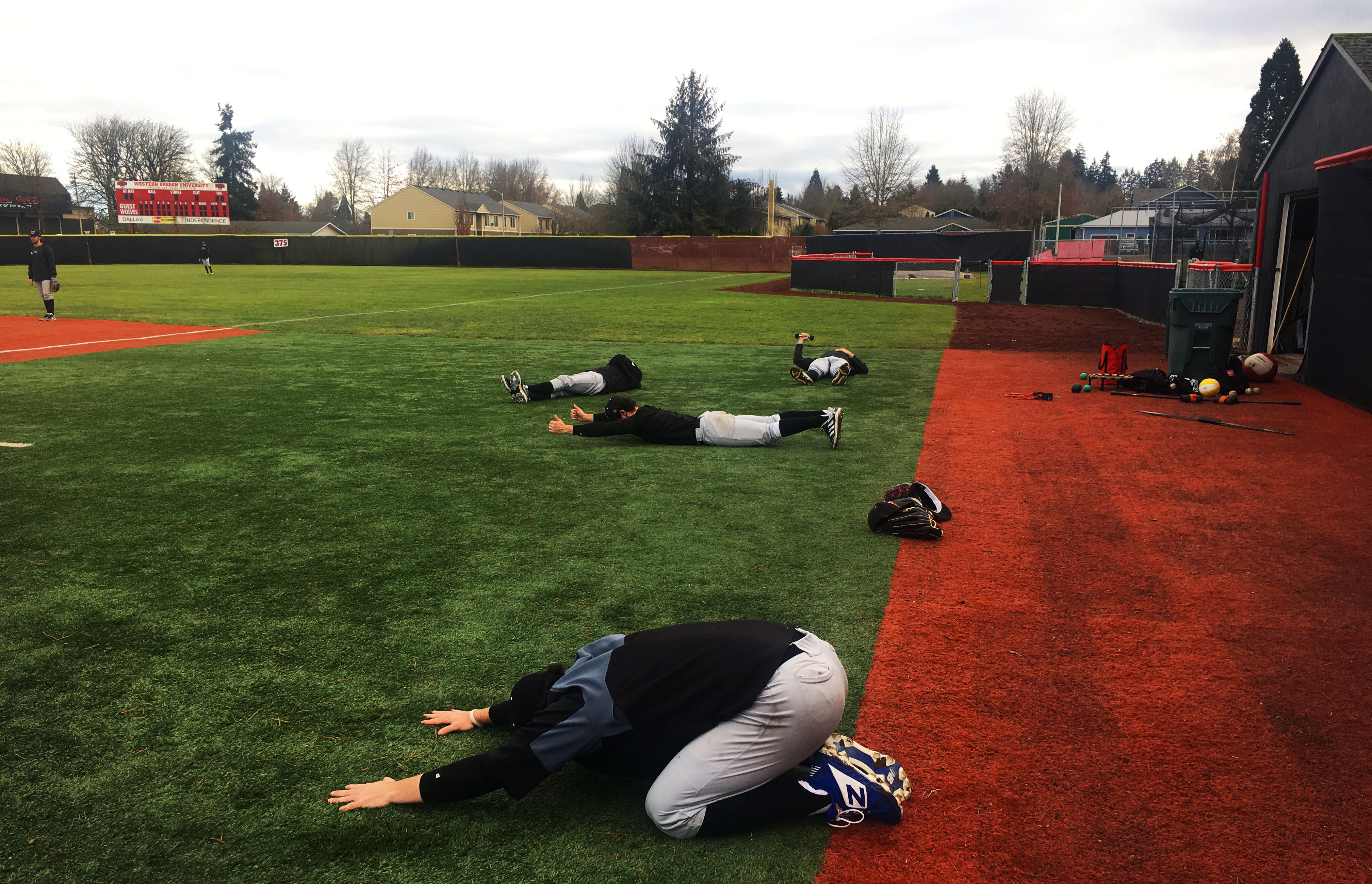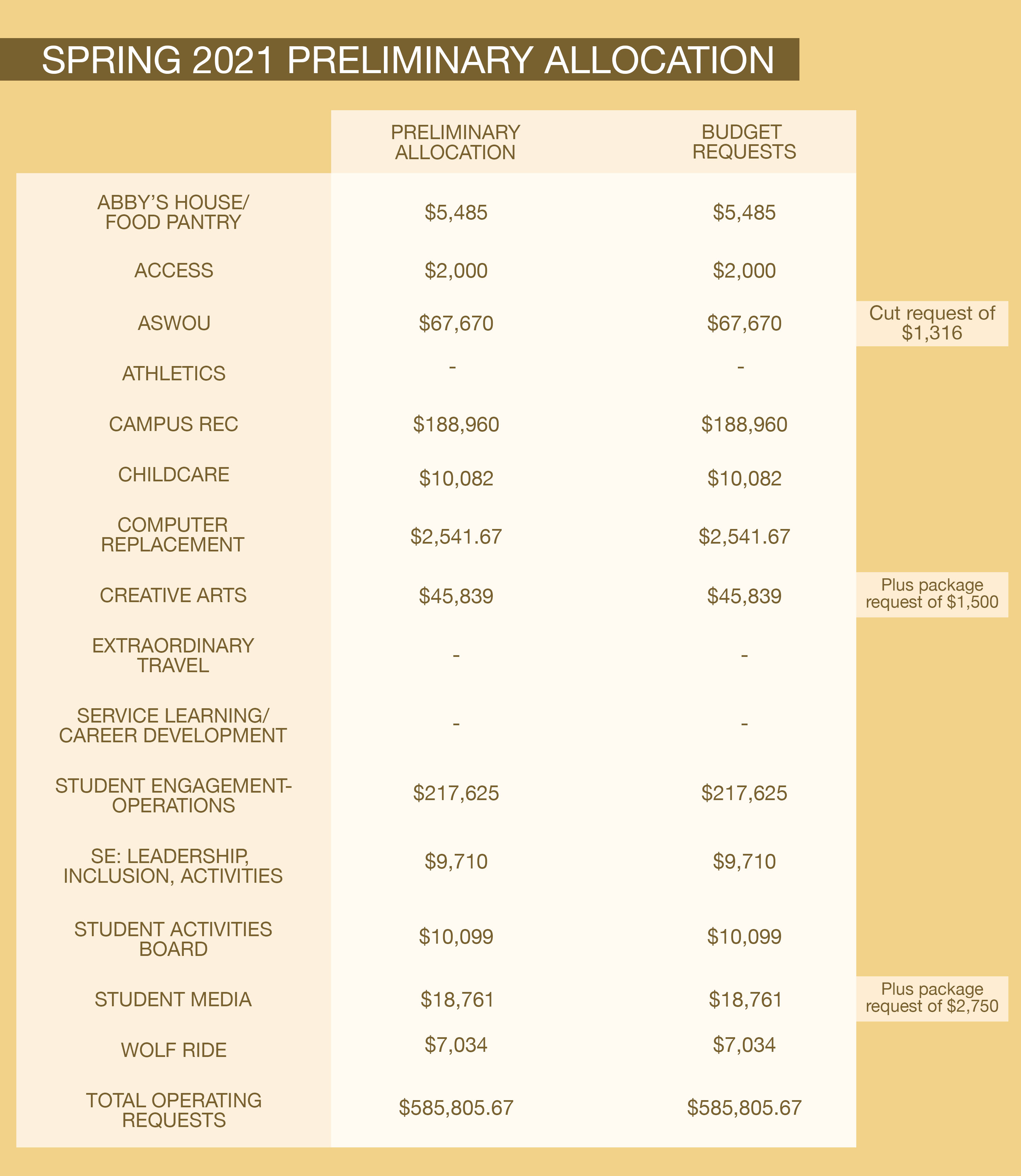Learning all there is to know about the Office of Disability Services with Rian Gayle
Sydney Carpenter | News Editor
There are a variety of services on campus dedicated to providing students with a more supportive college experience. The Office of Disability Services is no exception, providing students with academic accommodations and connecting them to a community that cares. ODS’ Assistant Director, Access & Inclusion Rian Gayle answered some questions through a sign language interpreter, Benjamin Cavaletto.
What is ODS?
The Office of Disability Services, commonly referred to as ODS, is here on campus to provide accommodations and also disability awareness building for the campus. We make the university compliant with federal laws that require us to provide accommodations.
What are some services ODS offers?
We offer a variety of services; these are not services that are based on what we assume a student should have. We actually have conversations with students based on documentation they provide. Some examples of accommodations would be extra time for exams, interpreting services, note taking services, transcriptions and furniture accommodations in classrooms. Now during COVID, we’ve noticed an increase of students being in online courses, so there’s been a strong reliance on extra need for extended test time and services that can be provided online.
What is proper paperwork for students to be able to use the services provided by ODS?
Typically we require students to have some form of documentation to receive services. That documentation can be a 504 plan from high school, or it can be an Individualized Education Program that they had from K-12 education. If a student does not have a 504 plan or an IEP, they can go to any medical provider and have a diagnosis written.
Can students use the services on campus to get a diagnosis?
You could go to the Student Health and Counseling Center, but they would not be able to serve all diagnoses. They may refer you to another place for other kinds of treatment if it’s not within their capabilities.
What are some examples of what they (SHCC) cover?
From my experience, I have seen that they have diagnosed students with ADHD. I think that’s the most prevalent I’ve seen. It’s possible that they could do other diagnoses but I don’t want to give you false information.
Have you seen grades improve after students enter ODS?
Yeah we have seen grades improve and students be able to graduate. We know that because we’ve been emailed. We get thank yous and people have said “If it weren’t for you I’m not sure how I would have done.” At the same time, I want to make sure that people are aware that if you do get accommodations, it doesn’t mean that it’s going to solve all of your problems.
What’s one thing you’ve grown to love about Western?
When I applied for the job, one of my concerns was how communication would happen. My first language is not English. It’s often that communication barriers will occur in the workplace, but Western was able to support me using my first language. The people around me are able to sign and understand me, and that is something that really attracted me to the position.

Contact the author at scarpenter18@mail.wou.edu









